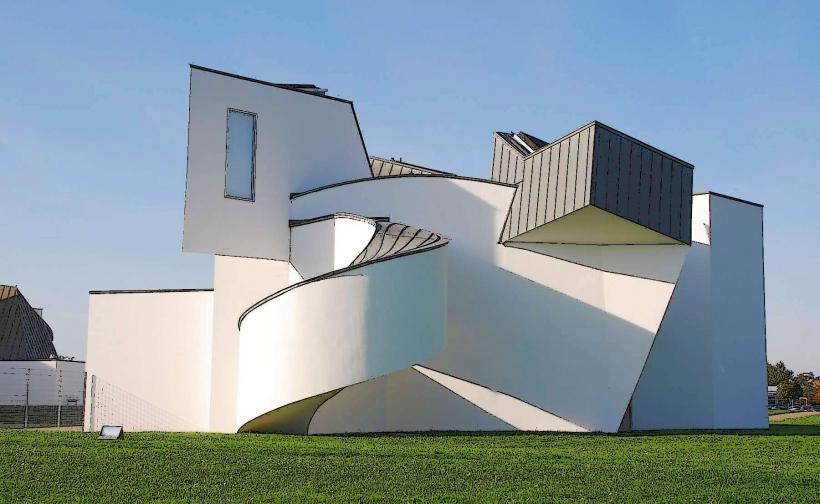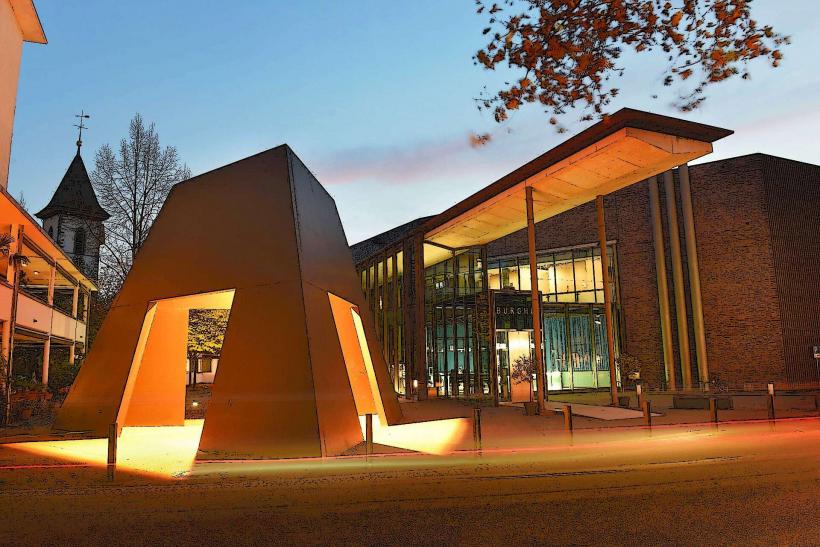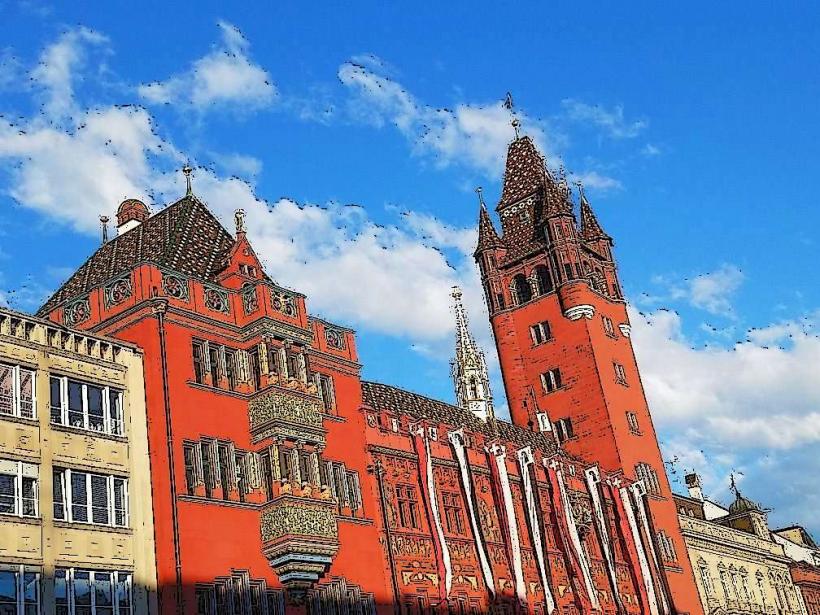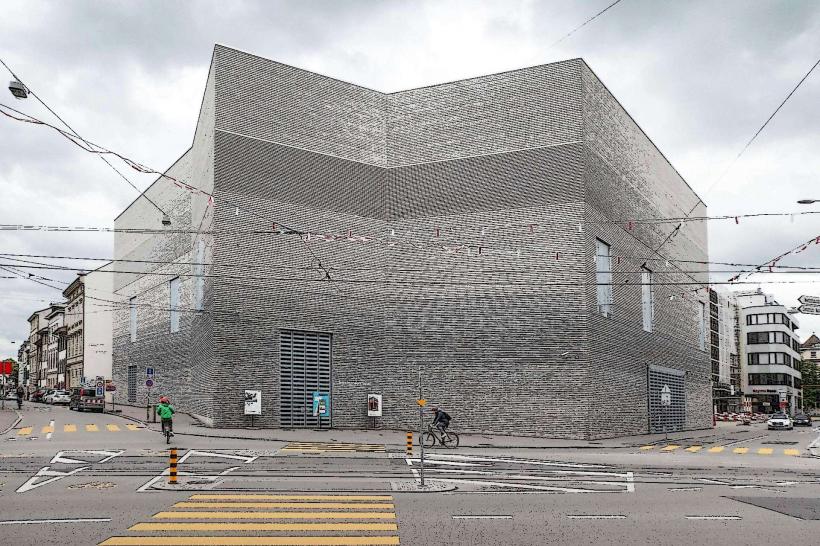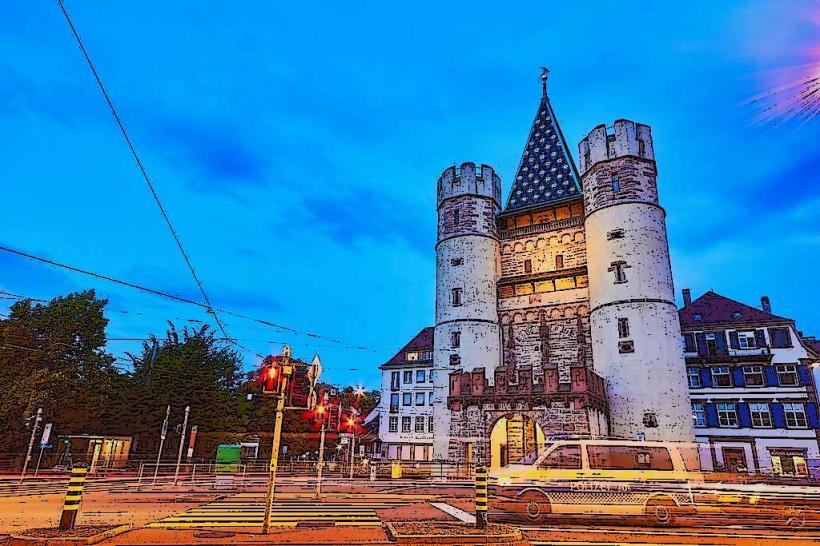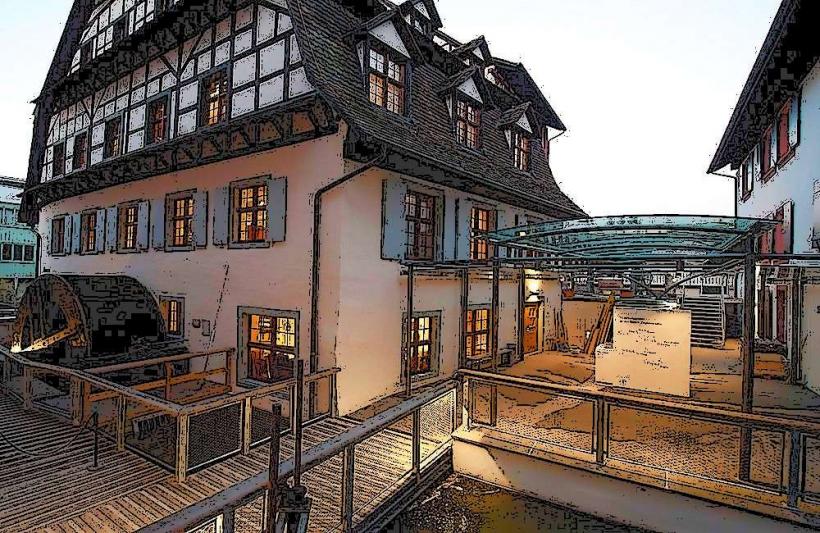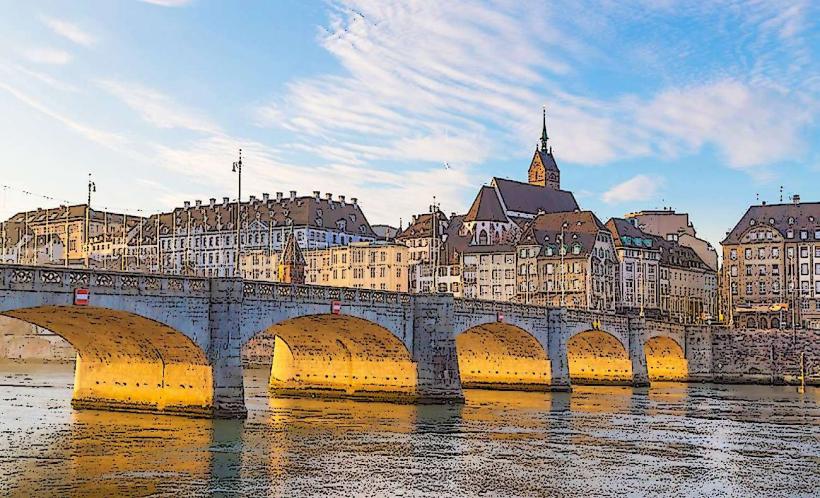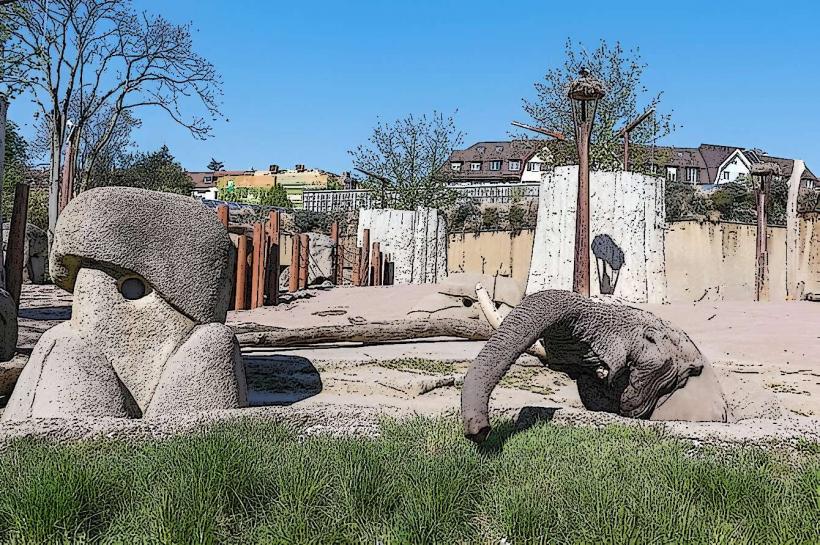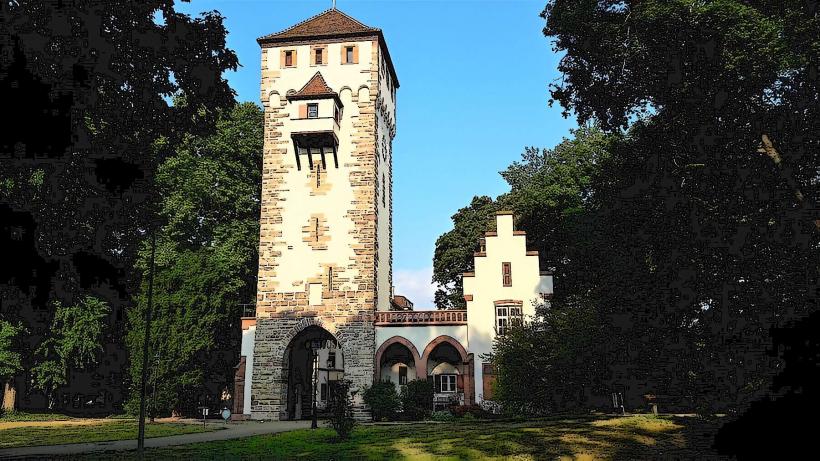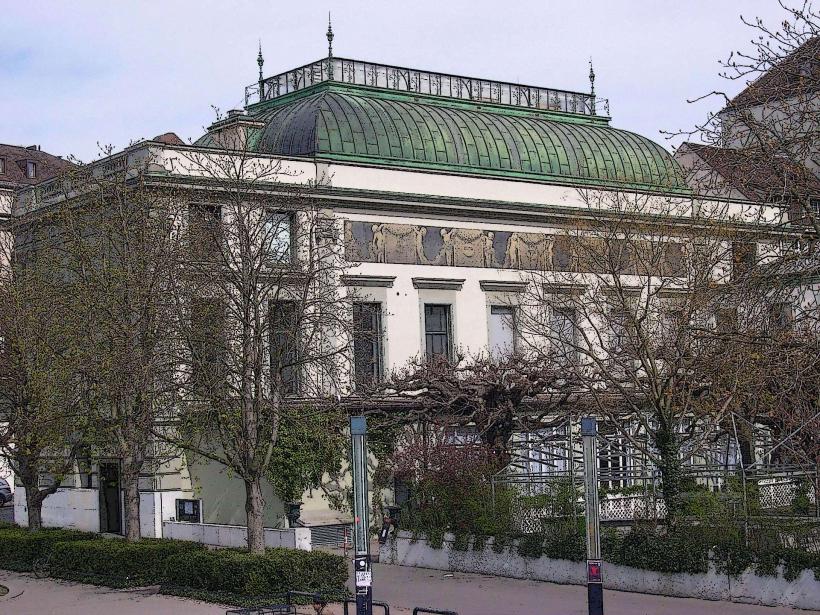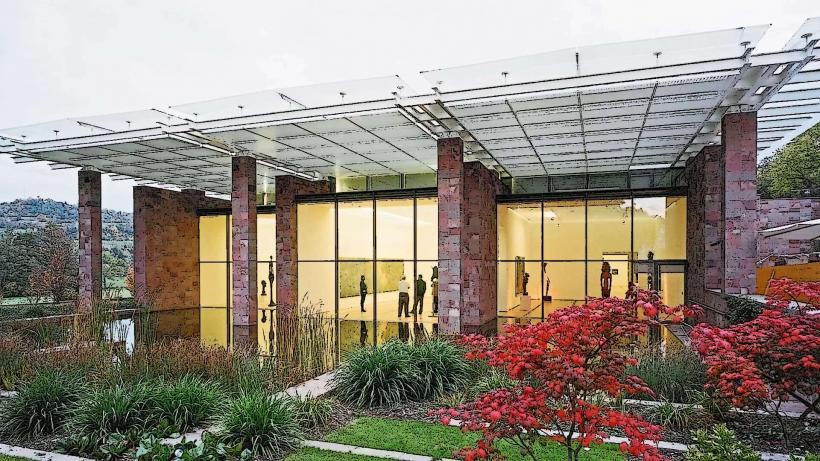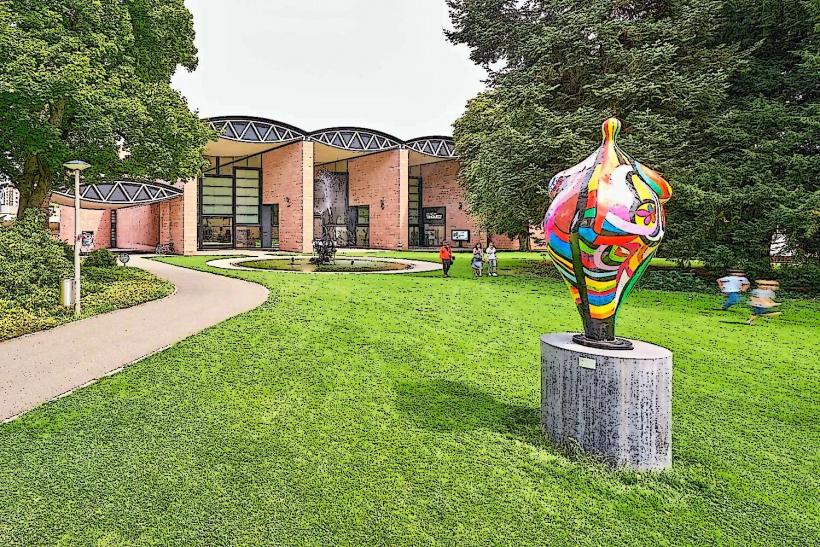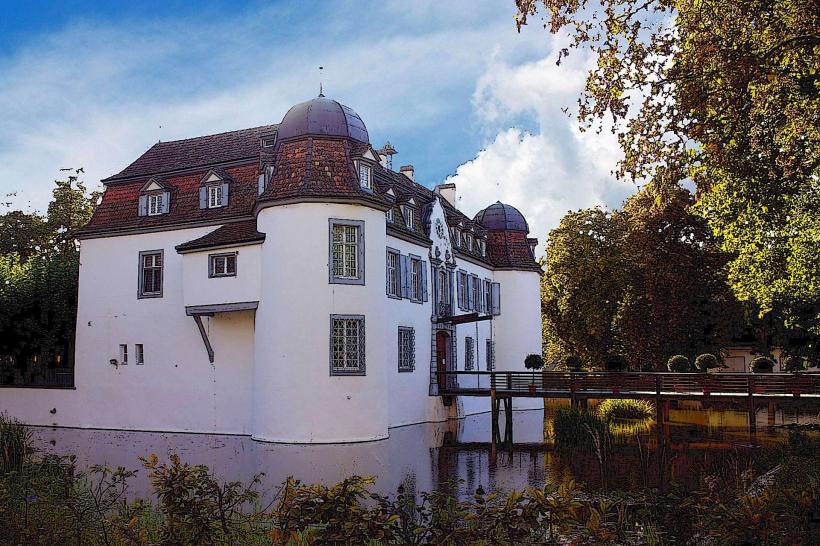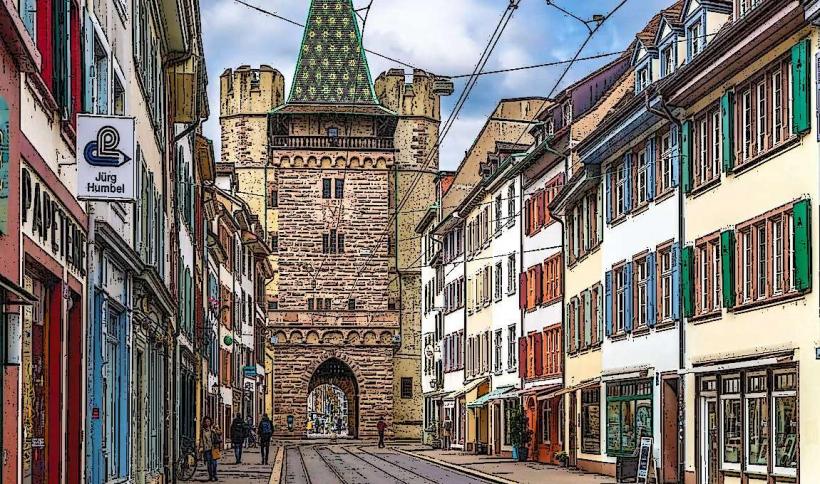Information
Landmark: Tinguely FountainCity: Basel
Country: Switzerland
Continent: Europe
The Tinguely Fountain (Tinguely-Brunnen) is one of Basel’s most distinctive and playful public artworks, created by the Swiss artist Jean Tinguely. Located in front of the Basel Theatre in the city center, this kinetic fountain is a vibrant piece of interactive art that merges sculpture, water, and movement, reflecting Tinguely’s experimental and often humorous approach to art.
History and Creation
Jean Tinguely: Jean Tinguely (1925–1991) was a Swiss artist known for his kinetic art, which often incorporated moving parts and machinery. Tinguely’s work focused on the idea of mechanization and movement, often with an ironic twist, challenging the concept of art as static and traditional.
Commission and Installation: The Tinguely Fountain was commissioned by the Basel Theatre and was installed in 1977. The fountain was designed to be not just a decorative feature, but an interactive piece of art that engaged with the public in a playful and dynamic way. Tinguely was well known for creating sculptures and installations that invited viewers to engage with them, and this fountain is no exception.
Collaborators: The fountain was created with the collaboration of other artists, including Marianne Stockebrand, who helped organize the installation, and Franz Fedier, who assisted with the technical execution.
Design and Features
The Tinguely Fountain is notable for its kinetic and mechanical nature. It is not a traditional static fountain but rather an intricate installation of moving sculptures and water elements. Here are some of the key features:
Moving Sculptures: The fountain is made up of several mechanical sculptures that continuously move and interact with the water. These sculptures are made of metal and machinery, some of which move with the help of motors, while others are propelled by the flow of water. The movement of the sculptures, including spinning wheels and twisting metal structures, gives the fountain its unique, dynamic character.
Water Elements: The water in the fountain is an integral part of the sculpture’s functioning. The water flows in various directions, feeding into the mechanical sculptures and adding an element of fluidity to the installation. The interaction between the water and the metal sculptures creates an ever-changing display of movement and sound.
Humorous and Playful: Tinguely’s fountain reflects his characteristic sense of humor and irony. The moving sculptures often seem to be playful or absurd, challenging the viewer’s expectations of what a fountain should be. The water splashes unpredictably, and the sculptures appear to “react” to the environment, giving the piece a sense of life and spontaneity.
Thematic Elements: The fountain can be seen as a metaphor for mechanization and the human condition, as many of Tinguely’s works are. The sculptures evoke the idea of machines, both in terms of their physical movement and the way they incorporate industrial materials. There is also a sense of chaos and imperfect harmony, which Tinguely often explored in his art.
Symbolism and Meaning
Tinguely’s works often contain an underlying message about the relationship between man, technology, and art. The Tinguely Fountain, with its moving sculptures and mechanical nature, plays on the idea of the machine and its interaction with the natural world (represented by the water). The fountain is also an exploration of entropy—the tendency for things to break down or lose their order—seen through the constantly changing and sometimes chaotic movement of the fountain’s components.
The fountain also reflects Tinguely’s belief in art as a living process. Unlike static sculptures, the Tinguely Fountain is constantly evolving as the water and machinery interact. This reflects Tinguely's desire to create art that was dynamic, interactive, and constantly in motion—challenging traditional ideas of art as something fixed and unchanging.
Significance and Legacy
Public Art: The Tinguely Fountain is one of Basel’s most popular public artworks, enjoyed by locals and tourists alike. Its playful design invites people to get closer, interact with it, and even play in the water, making it an accessible and engaging piece of public art.
Integration with the City: The fountain’s location in front of the Basel Theatre adds to its connection with the cultural and social life of the city. It is often the site of performances and events and is surrounded by cafes and public spaces, making it a hub of activity.
Tinguely’s Legacy: The Tinguely Fountain is a fitting tribute to the artist’s legacy and his commitment to creating art that was both innovative and interactive. It remains one of Tinguely’s most enduring and beloved works, embodying his fascination with mechanical movement and his desire to break free from traditional boundaries in art.
Nearby Attractions
Basel Theatre: The fountain is located just outside the Basel Theatre, one of the most important cultural institutions in the city. The theatre often stages dramatic performances and is a key center for Basel’s cultural life.
Kunsthalle Basel: A short walk from the Tinguely Fountain, the Kunsthalle Basel is a leading contemporary art museum that houses exhibitions by international artists. Visitors can explore both the traditional and contemporary art scenes in Basel.
Rheinpark: A beautiful park along the Rhine River, where visitors can enjoy scenic views of the river and Basel's skyline. The area around the fountain is also a popular spot to relax.
Conclusion
The Tinguely Fountain is a captivating and interactive work of art that embodies Jean Tinguely’s innovative spirit. It combines movement, mechanical design, and water elements to create a playful and thought-provoking experience for all who encounter it. As a central piece of public art in Basel, it reflects the city's embrace of both traditional and modern artistic expression, while challenging the conventions of what a fountain—and art in general—can be. Whether as a source of entertainment, a place of reflection, or a work of art, the Tinguely Fountain continues to captivate visitors and stand as a testament to the creative vision of Jean Tinguely.

